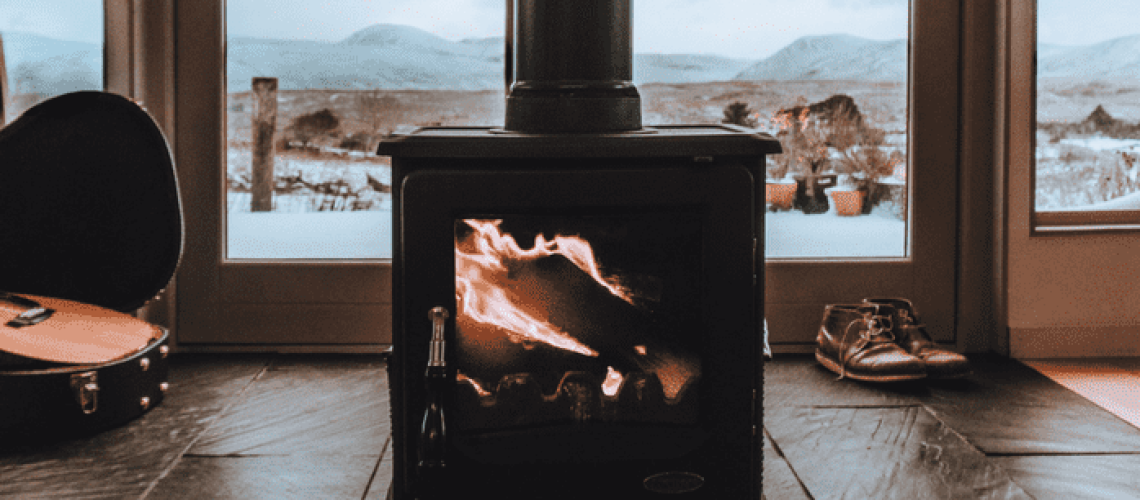When the power goes out in cold weather, older adults are especially vulnerable. A few precautions taken early can keep you and your loved ones safe during a winter power outage.
Charge Devices in Advance
Cell phones are for more than just games and messages. For an older adult in a power outage, a cell phone can make all the difference. Ensure that devices are charged in advance. If possible, keep them charging during the storm to maintain a full charge until the power goes out.
You may also want to know how long your device will last once it has a full charge in case of an extended power outage.
If you are able to buy an external charger in advance, they are perfect for power outages. An extra battery charger can provide enough power for one charge or multiple charges, depending on the size of the battery. Younger friends or family may need to show older adults how to use an external charger, although most are user-friendly and easy to use.
Establish a Communication Plan
Prepare a communication plan in advance. You and your older adult friends or family should know who to contact and how once inclement weather begins to threaten. Here are a few suggestions:
- When a snowstorm begins, call every few hours to check on your elderly friends or family members. They can also call you or a caregiver to check in at predetermined times.
- Once the storm is over, call to evaluate their needs and set up a shovel-out plan.
- If the power goes out, remain in contact via cell phone. If your phone’s battery begins to die, let your contacts know that you will turn it off for a period of time to save the battery and then turn it back on at a predetermined time to check back in.
- If the power is out for an extended period of time, have a plan in place for removing to another location with a backup generator, such as a county storm facility or a friend’s or family member’s home.
Consider Fire Risk
Using candles during a power outage can create a fire hazard and is not recommended, particularly for seniors home alone.
A safer option is to have flashlights, lanterns, or battery-operated candles on hand to provide light during an outage. Extra batteries should be stored and checked periodically to make sure they are still usable. Check the lanterns periodically as well to ensure they work. Consider investing in a rechargeable flashlight that can stay connected to power until needed.
Make sure all members of the household know where to find the emergency lighting supplies and how to operate them.
Medications and Medical Equipment
Should you or your loved one have any medication that requires refrigeration, contact a doctor or pharmacist to find out what you should do if the power goes out. If the door to the fridge is kept closed, many foods are fine for up to four hours. Beyond four hours, general advice is to dispose of anything that may have gone bad.
Medications, however, may have different requirements, and a qualified professional will be able to advise you on how to keep cold medications safe during a long power outage.
If medical equipment needs power in order to operate, you may want to have a backup generator in place before the first serious storm of the season. Check with your electricity provider to see if they offer an Emergency Medical Equipment Program.
The Maryland Emergency Preparedness Network offers a wealth or resources, including Emergency Preparedness Guides for home care patients and for those using power-dependent equipment.
Additional Reading
Ready.gov: https://www.ready.gov/make-a-plan
FEMA emergency pamphlet: https://www.fema.gov/media-library-data/1390858289638-80dd2aee624210b03b4cf5c398fa1bd6/ready_seniors_2014.pdf


